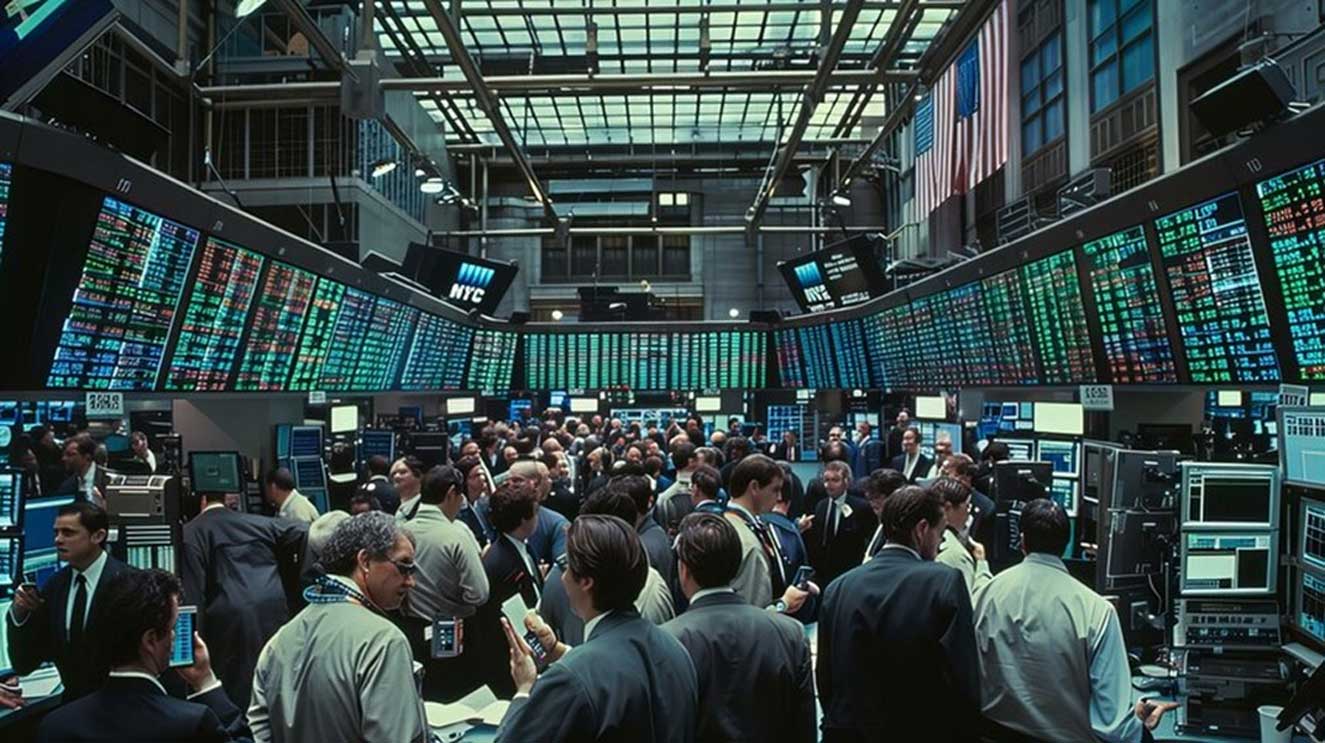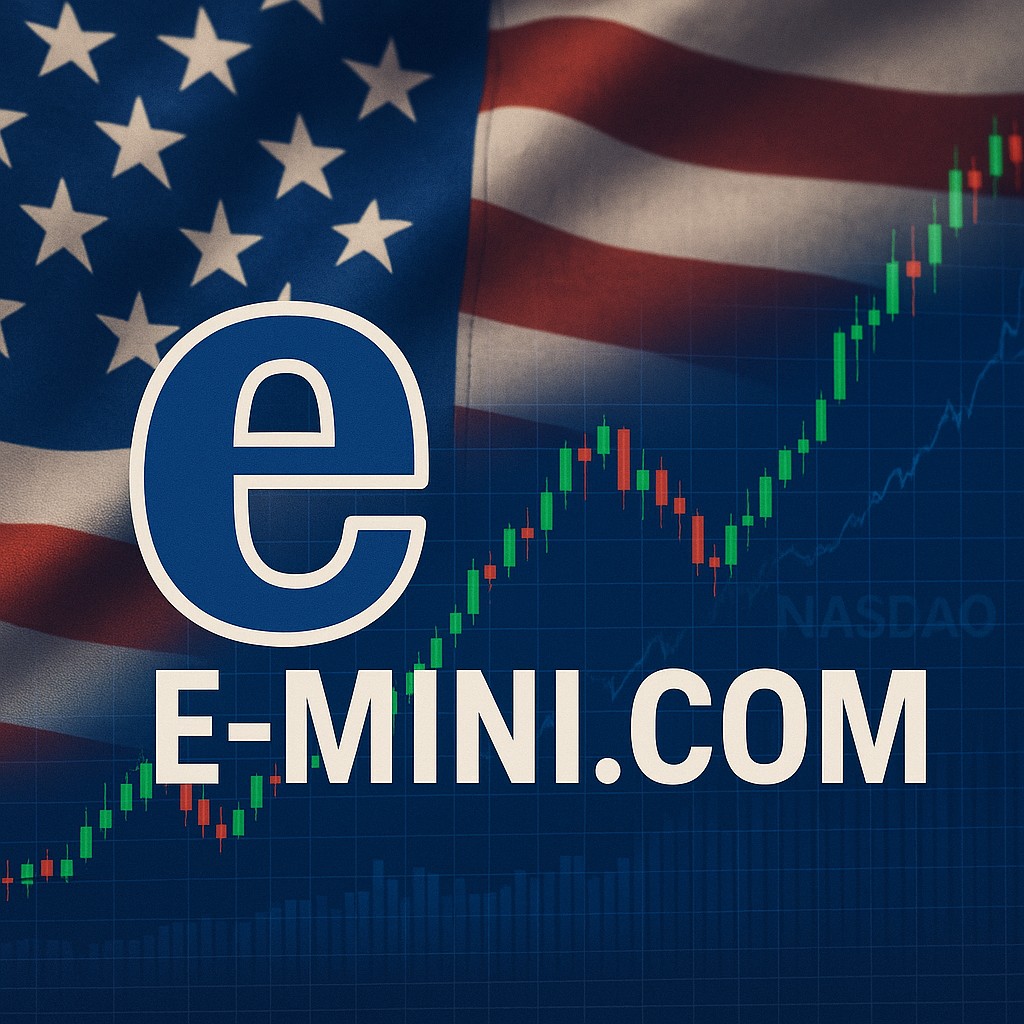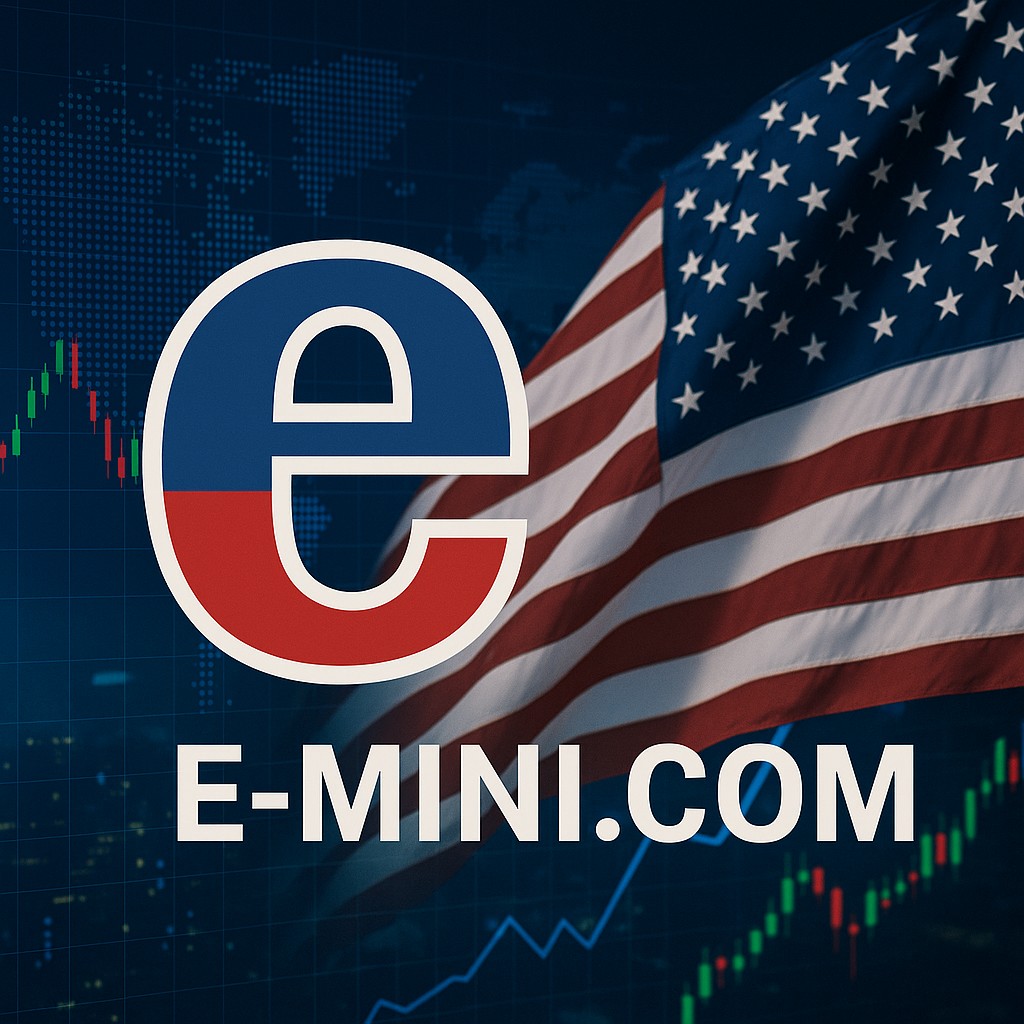Futures trading is a cornerstone of the financial markets, providing investors with opportunities to speculate on the future price of various commodities, financial instruments, and foreign currencies. This type of trading involves standardized contracts that obligate the buyer to purchase, or the seller to sell, an asset at a predetermined future date and price. In the United States, futures trading is regulated by the Commodity Futures Trading Commission (CFTC) and is primarily conducted on exchanges such as the Chicago Mercantile Exchange (CME), Intercontinental Exchange (ICE), and the New York Mercantile Exchange (NYMEX).
Commodities futures contracts are among the oldest forms of futures trading, originating from agricultural markets. Today, they include a wide range of products:
- Agricultural Commodities:
- Grains: Corn, wheat, soybeans, oats, and rice.
- Soft Commodities: Coffee, cocoa, sugar, cotton, and orange juice.
- Livestock: Live cattle, feeder cattle, lean hogs, and pork bellies.
- Energy Commodities:
- Crude Oil: West Texas Intermediate (WTI) and Brent crude oil.
- Natural Gas: Henry Hub natural gas.
- Refined Products: Heating oil, gasoline (RBOB), and diesel fuel.
- Metals:
- Precious Metals: Gold, silver, platinum, and palladium.
- Base Metals: Copper, aluminum, zinc, lead, and nickel.
Financial Futures Contracts
Financial futures are contracts that are based on financial instruments such as interest rates, equity indices, and government bonds. They serve as tools for hedging and speculation in financial markets:
- Interest Rate Futures:
- Short-Term Interest Rates: Eurodollar, Federal funds rate, and Treasury bills.
- Long-Term Interest Rates: Treasury bonds (T-Bonds), Treasury notes (T-Notes), and German Bunds.
- Equity Index Futures:
- U.S. Indices: S&P 500, Nasdaq-100, Dow Jones Industrial Average (DJIA), and Russell 2000.
- International Indices: FTSE 100, Nikkei 225, DAX, and Hang Seng.
- Currency Futures:
- Major Currencies: Euro (EUR), British Pound (GBP), Japanese Yen (JPY), Swiss Franc (CHF), and Australian Dollar (AUD).
- Emerging Market Currencies: Brazilian Real (BRL), Russian Ruble (RUB), Chinese Yuan (CNY), and Mexican Peso (MXN).
Foreign Currency Futures
Foreign currency futures, or forex futures, are standardized contracts that specify the exchange rate at which one currency can be exchanged for another at a future date. These contracts are essential tools for hedging currency risk and speculating on currency movements:
- Major Currency Pairs:
- EUR/USD: Euro vs. U.S. Dollar.
- GBP/USD: British Pound vs. U.S. Dollar.
- USD/JPY: U.S. Dollar vs. Japanese Yen.
- USD/CHF: U.S. Dollar vs. Swiss Franc.
- AUD/USD: Australian Dollar vs. U.S. Dollar.
- Cross Currency Pairs:
- EUR/GBP: Euro vs. British Pound.
- EUR/JPY: Euro vs. Japanese Yen.
- GBP/JPY: British Pound vs. Japanese Yen.
- AUD/JPY: Australian Dollar vs. Japanese Yen.
List of Futures Contracts Available in the USA
The following is a comprehensive list of futures contracts available for trading in the United States, categorized by their respective exchanges:
- Chicago Mercantile Exchange (CME):
- Agricultural: Corn, wheat, soybeans, oats, live cattle, feeder cattle, lean hogs.
- Energy: Crude oil (WTI), natural gas, heating oil, gasoline (RBOB).
- Metals: Gold, silver, copper, aluminum.
- Financials: Eurodollar, Treasury bonds, Treasury notes, S&P 500, Nasdaq-100, DJIA, Russell 2000.
- Currencies: EUR/USD, GBP/USD, USD/JPY, USD/CHF, AUD/USD.
- Intercontinental Exchange (ICE):
- Agricultural: Coffee, cocoa, sugar, cotton, orange juice.
- Energy: Brent crude oil, natural gas.
- Metals: Gold, silver, platinum, palladium.
- Financials: FTSE 100, Russell 2000.
- Currencies: EUR/USD, GBP/USD, USD/JPY, USD/CHF.
- New York Mercantile Exchange (NYMEX):
- Energy: Crude oil (WTI), natural gas, heating oil, gasoline (RBOB).
- Metals: Gold, silver, copper, platinum, palladium.
- Eurex (U.S. Access):
- Financials: DAX, Euro Stoxx 50, German Bunds.
- Currencies: EUR/USD, GBP/USD.
Benefits of Futures Trading
- Leverage: Futures contracts allow traders to control a large amount of an asset with a relatively small amount of capital, amplifying potential returns.
- Liquidity: Major futures markets are highly liquid, enabling traders to enter and exit positions with ease.
- Hedging: Futures are essential tools for hedging against price volatility in commodities, interest rates, and currencies.
- Transparency and Regulation: Futures markets in the USA are well-regulated by the CFTC, ensuring fair trading practices and reducing the risk of fraud.
- Diversification: Futures contracts provide investors with a way to diversify their portfolios across different asset classes and geographic regions.
Risks of Futures Trading
- Leverage Risk: While leverage can amplify profits, it can also magnify losses, making futures trading inherently risky.
- Market Risk: Futures prices can be highly volatile, leading to substantial gains or losses in a short period.
- Liquidity Risk: Although major futures markets are liquid, some contracts may have lower liquidity, leading to wider bid-ask spreads and potential slippage.
- Credit Risk: While futures exchanges act as intermediaries to reduce credit risk, there is still a residual risk if a counterparty defaults.
Futures trading is a dynamic and multifaceted component of the financial markets, encompassing a wide array of contracts across commodities, financial instruments, and foreign currencies. It offers substantial opportunities for speculation, hedging, and portfolio diversification. However, it also involves significant risks, particularly due to the leverage and market volatility inherent in futures markets. Traders must carefully consider these factors and conduct thorough research before engaging in futures trading. Understanding the various types of contracts and their respective markets is essential for making informed trading decisions and effectively managing risk.
Ready to start trading futures? Call US 1(800)454-9572 – Int’l (310)859-9572 email info@cannontrading.com and speak to one of our experienced, Series-3 licensed futures brokers and start your futures trading journey with E-Mini.com today.
Disclaimer – Trading Futures, Options on Futures, and retail off-exchange foreign currency transactions involves substantial risk of loss and is not suitable for all investors. Past performance is not indicative of future results. You should carefully consider whether trading is suitable for you in light of your circumstances, knowledge, and financial resources. You may lose all or more of your initial investment. Opinions, market data, and recommendations are subject to change at any time.
Important: Trading commodity futures and options involves a substantial risk of loss. The recommendations contained in this writing are of opinion only and do not guarantee any profits. This writing is for educational purposes. Past performances are not necessarily indicative of future results.
**This article has been generated with the help of AI Technology. It has been modified from the original draft for accuracy and compliance
***@cannontrading on all socials.





